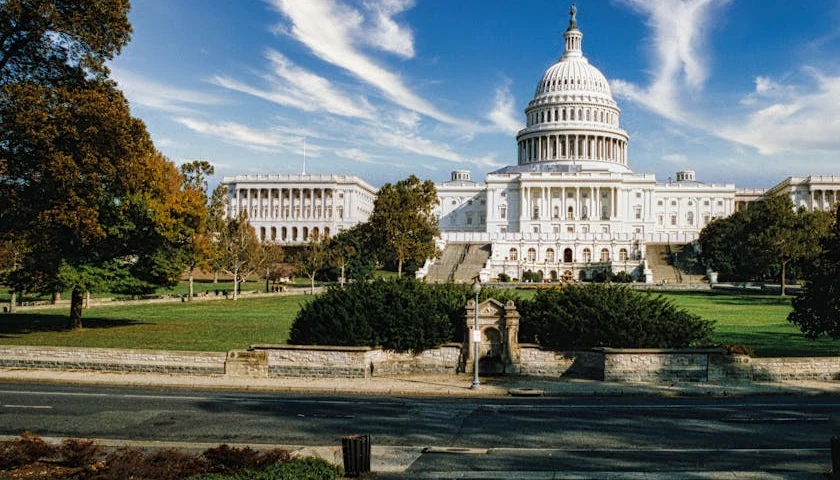by Tyler Arnold
An anti-gerrymandering constitutional amendment that would change the way legislative districts are drawn in Virginia will be decided on the ballot.
The amendment is intended to prevent gerrymandering by establishing a 16-person bipartisan redistricting commission that would propose redistricting plans to the General Assembly. The General Assembly would be allowed to approve or decline the proposals, but would not be allowed to offer any amendments.
Eight members of the commission would be lawmakers: two House Democrats, two House Republicans, two Senate Democrats and two Senate Republicans. The other eight members would be chosen by a selection committee of five retired judges based on lists submitted by Democrat and Republican leadership in both chambers.
The commission would be required to submit state House and Senate proposals within 45 days of receiving census data and U.S. congressional plans within 60 days or by July 1, whichever is later. If lawmakers reject the plan, the amendment would provide additional time for the commission to submit new plans. If the commission fails to provide a plan lawmakers agree on, the lines would be drawn by the Virginia Supreme Court.
Current law allows district lines to be drawn by lawmakers, approved by the House and Senate with simple majority votes and signed by the governor.
If one party has control of both chambers of the General Assembly and the governor’s mansion, the party effectively can redraw the lines however it likes to retain power. Democrats currently control the governor’s mansion and both chambers of the Virginia General Assembly.
Brian Cannon, the executive director of FairMapsVA, told The Center Square the current redistricting system is broken because “politicians have free rein to pick their voters, when it should be the other way around.” FairMapsVA is one of the leading advocacy groups for redistricting reform in the commonwealth.
“If approved by voters, it will create the commonwealth’s first-ever commission to reform our outdated and discriminatory redistricting laws by forming a fully transparent commission led by citizens to draw district lines in 2021 and beyond,” Cannon said. “Further, this will mark the first time in Virginia’s history that voting rights protections will be specifically added to the state constitution, and is the only legally-binding option to ensure that legislative district lines are drawn fairly and do not favor one party over the other. It’s time to put people over politicians.”
Stephen Haner, a policy lobbyist and former Republican Caucus director when Democrats redrew district lines in 1991, told The Center Square the amendment would force the majority party to concede compromises.
“No process can eliminate all the politics, and legislators will still have great influence over this approach,” Haner said. “But it should be more transparent and force some compromises under this method.”
The constitutional amendment originally had support from most Democrat and Republican lawmakers in the House and the Senate, but most Virginia House Democrats rescinded their support after gaining control of the chamber.
House leadership sought to include language in the amendment that mandated diversity, but this would have set the process back by one year and would have made it impossible to get the amendment on the ballot before redistricting is set to occur next year.
– – –
Tyler Arnold is a reporter at The Center Square.
Photo “Virginia Capitol” by Taber Andrew Bain CC BY 2.0





